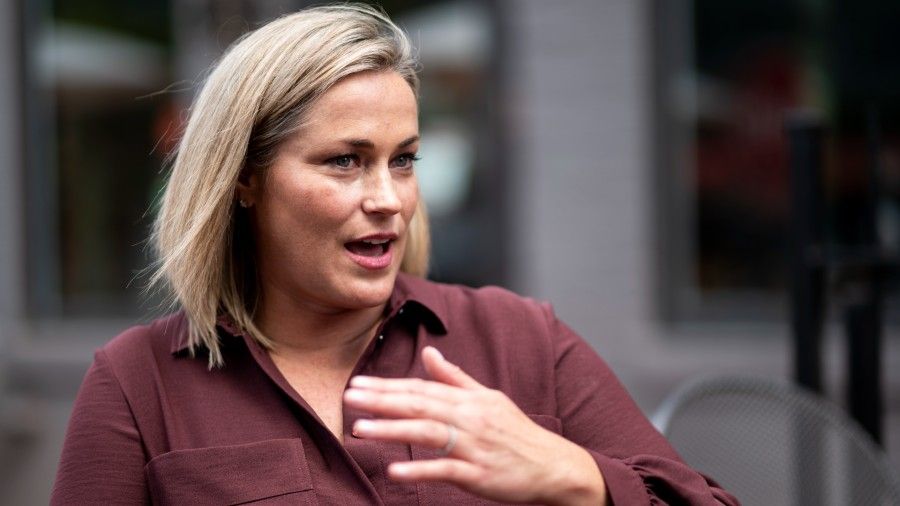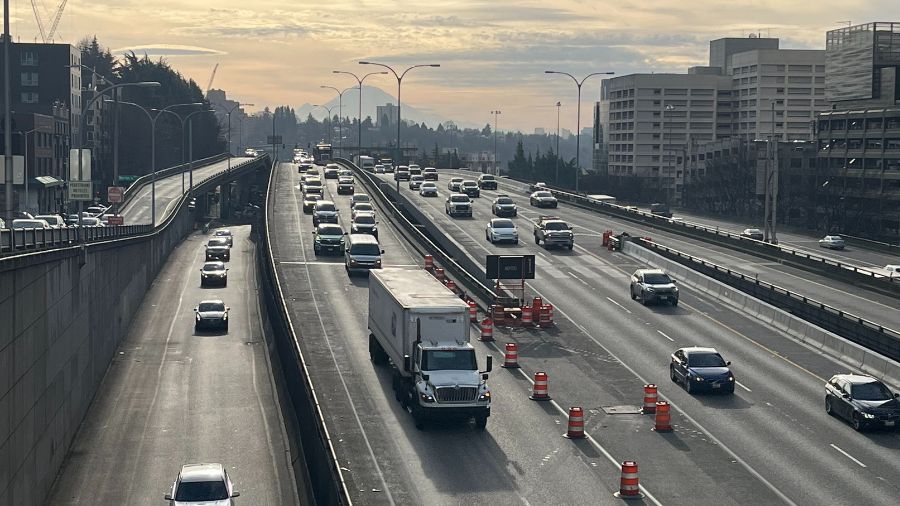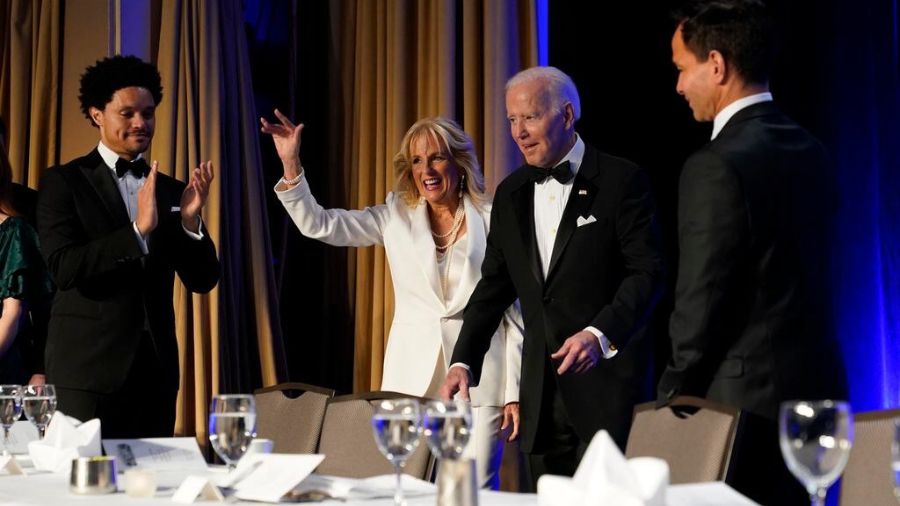Citizen-backed changes to police pursuit, state income tax, and parental rights laws will get their moment in front of lawmakers.
Democratic leaders in both the House and the Senate announced Friday they will hold hearings on three citizen-backed initiatives, while rejecting consideration of three others.
The ones moving forward:
- Initiative 2113 relates to police pursuits. The measure would remove certain restrictions on when law enforcement may engage in vehicular pursuits.
- Initiative 2111 prohibits the establishment of a state or local income tax across Washington.
- Initiative 2081 requires public schools to allow parents to inspect student records, including health and disciplinary records, upon request.
Senate Majority Leader Andy Billig, D-Spokane, and House Speaker Laurie Jinkins, D-Tacoma, said they will hold joint public hearings on I-2111, I-2081 and I-2113 on Feb. 27 and 28. Exact times have not yet been determined.
Previous reporting from Kate Stone: Initiative to repeal police pursuit restrictions certified
Other initiatives head straight to the ballot
The Democratic majority in both chambers confirmed the other three initiatives will not be considered. That decision fast-tracks them to the November ballot for voters to decide.
- Initiative 2117 is a repeal of the state’s controversial Climate Commitment Act (CCA) that passed in 2021 and taxes the state’s biggest polluters.
- Initiative 2109 is a repeal of what’s known as the capital gains tax. Passed three years ago, it calls for 7% on profits from the sale of some financial assets like stocks and bonds, but not real estate. The first $250,000 is exempt.
- Initiative 2124 is also known as the long-term care tax. The legislature created the program in 2019, designed to help people in Washington pay for care as they age by taking a small percentage of each paycheck for the majority of full or part-time employees, unless they have already received an exemption. This initiative would allow people to opt-out of the program, which Democrats argue is tantamount to killing it.
A total of six initiatives are certified for the general election. Washington Secretary of State Steve Hobbs’ office confirmed they met the threshold of valid voter signatures.
All of them are spearheaded by conservative activist group Let’s Go Washington, which raised $7 million for the effort. The group’s founder Brian Heywood is a hedge fund manager and significant Republican donor.
Earlier coverage: More on Brian Heywood and Let’s Go Washington
“The fact Democrats in the legislature have scheduled three hearings is a step in the right direction,” Heywood said in a statement sent to KIRO Newsradio Friday. “Next, they need to pass those three initiatives into law to stop an income tax, restore reasonable police pursuit, and reestablish parents as the primary stakeholders in their children’s lives.”
Notably, the three initiatives that will not receive hearings all carry significant financial implications for the future state budget and expected costs for Washington citizens. The CCA is closely tied to the state’s current future transportation projects. The capital gains tax revenue is earmarked for childcare and K-12 education funding around the state, including new construction projects. And the long-term care tax is meant to alleviate some of the state’s burden to provide for seniors, by requiring them to fund at least part of their medical needs post-retirement.
Billig and Jinkins explained their decision in a joint statement Friday:
“The three initiatives we are not taking action on would have a dire effect on the day to day lives of every single Washingtonian. These would dramatically decrease quality of life and devastate progress on K-12 education, childcare, clean air, clean water, climate action, and aging with dignity – matters that are important to people across the state.”
Chair of the Senate Transportation Committee, and fellow Democrat, Marko Liias of Edmonds, warned the stakes of repealing the CCA are particularly high. Speaking to reporters this week, Liias emphasized that eliminating the cap-and-invest program would rip a $5 billion hole in the state’s transportation budget, take away free public transit rides for young people, funding for bus routes, and more.
Jinkins said the cost of dismantling the long-term care tax is equally problematic. “That would continue to force our seniors to spend themselves into poverty,” she told reporters in Olympia this week.
By contrast, the three initiatives Democrats greenlit for hearings are largely policy changes, which would not necessarily trigger immediate financial deficits.
“The effect of the remaining three initiatives is less obvious,” Billig and Jinkins said. “Hearings will allow us to gather more information and hear from the public and others so that we can make informed decisions.”
Heywood, in his statement, questioned the Democrats’ decisions.
“At the same time, voters who signed these initiatives have been asking why only these three are getting hearings,” Heywood said. “What about the hidden gas tax, the hidden income tax, and the mandatory payroll tax? It is intriguing to me that the pet projects of (Washington Gov.) Jay Inslee and his crony union bosses won’t be getting hearings. Voters have said that all six of these issues are important, and they deserve to be heard.”
From Dave Ross: Initiatives will be the stars of November ballot
What happens during the hearings
For the three initiatives moving ahead, the joint hearing will give lawmakers an opportunity to discuss the proposals.
They have three options: Pass the initiatives as-is (with no changes) — propose an alternative version that would appear next to the initiative on the ballot — or decide to take no action following the hearing.
If any of the initiatives do not pass in their current form, they will head to the ballot. Lawmakers cannot block that, no matter what.














